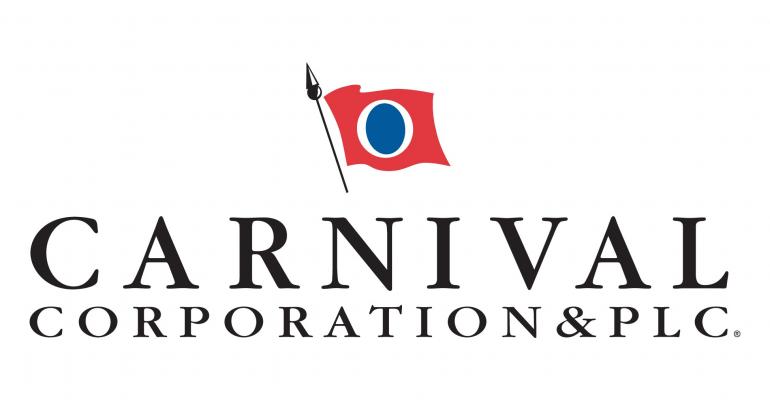New goal: 40% reduction by 2030
The company also committed to a new goal of 40% reduction in its rate of carbon emissions by 2030 relative to a 2008 baseline, according to its 2019 sustainability report.
Last year Carnival Corp. achieved the remaining targets within its 2020 sustainability goals and established new goals as part of its initial 2030 sustainability goals. Among them, the commitment to reduce the rate of carbon emissions by 40% aligns with the International Maritime Organization requirements in line with the Paris Agreement and in support of the United Nations Agenda 2030.
The company first shared its 2020 sustainability goals in 2015, identifying 10 key objectives, including reducing its carbon footprint, harmful air emissions and waste, improving water use efficiency and supporting local communities.
77% of the fleet has scrubbers
At the end of 2019, 77% of the fleet was equipped with what the company calls 'advanced air quality systems' (scrubbers), capable of removing nearly all sulfur from exhaust.
Forty-seven ships had the ability to use shore power, and were able to connect at 12 global ports equipped with the technology, reducing air emissions in places where cold ironing is available.
LNG, fuel cells
Costa Smeralda joined AIDAnova as the world's first LNG-powered cruise vessels.
Carnival Corp. entered a joint venture to develop a decentralized energy network and a hybrid energy system with a new generation of fuel cells. AIDA Cruises signed an agreement with Corvus Energy to produce and install a lithium-ion battery storage system that can power a ship's propulsion and operation for limited periods, expected to begin in 2021.
Carnival became the first cruise company to join the Getting to Zero Coalition, an alliance of organizations across the maritime, energy, infrastructure and finance sectors committed to accelerating the decarbonization of shipping.
Wastewater treatment
In terms of advanced wastewater treatment systems, Carnival reached its initial goal by achieving a 10.3% increase in the coverage of fleetwide capacity relative to 2014 baseline.
Solid and food-waste reduction
The company trimmed waste by 5.6% relative to its 2016 baseline and set a new food waste reduction goal of 10% across the fleet by the end of 2021.
By the end of 2019, Carnival reduced the sourcing of approximately 80m plastic items and approximately 95m other single-use items, and committed to a new goal to reduce all nonessential single-use items and plastics on board by 50% by the end of 2021.
The food waste and plastic targets are part of compliance in a pollution probation violation settlement.
Water efficiency
The company surpassed its goal by achieving an 8.7% reduction relative to 2010 baseline and further improved water efficiency by supplying 82% of water needs from the ocean, purchasing only 18% of its water requirements at designated ports.
Other initiatives included enhancing environmental officer training, support for local communities including up to $2m in hurricane disaster relief, a soap recycling effort by Carnival Cruise Line and support for a Sahara Forest Foundation project to revegetate Jordan's desert.
Copyright © 2024. All rights reserved. Seatrade, a trading name of Informa Markets (UK) Limited.
Add Seatrade Cruise News to your Google News feed.  |

